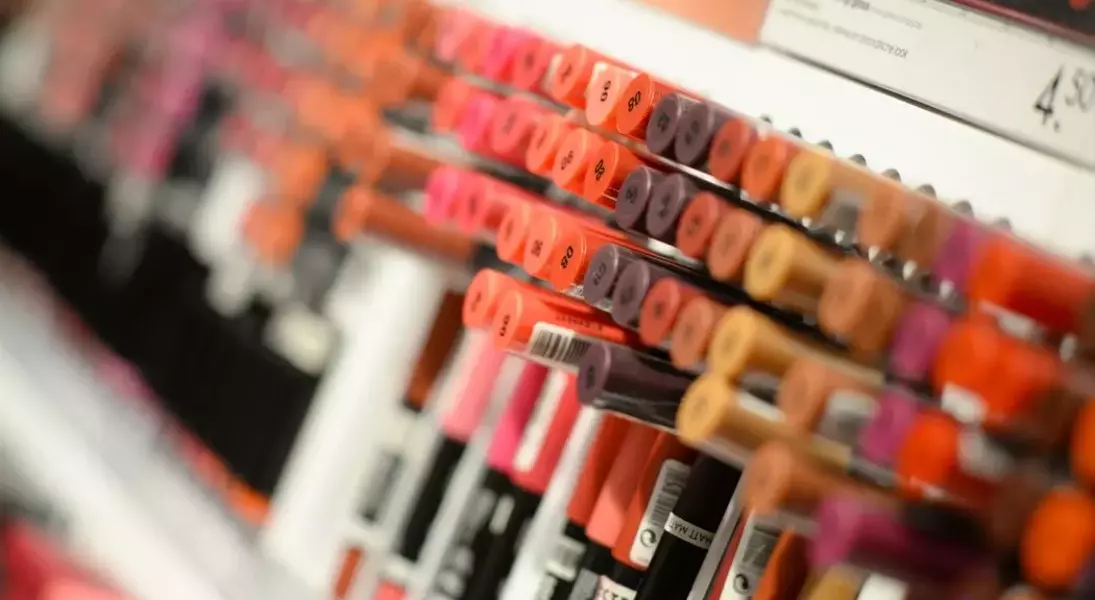
The UK's beauty retail sector is witnessing remarkable growth and transformation, driven by strategic innovations and consumer trends. Despite the cost-of-living crisis, the market has continued to expand, reaching €53.6 billion in 2024, according to GlobalData. Over the next few years, this upward trajectory is expected to continue with a compound annual growth rate of 3% from 2023 to 2028. Fragrances and cosmetics are anticipated to lead this surge, growing by 16% and 17% respectively during this period. The resilience of the beauty market can be attributed to its essential nature, making it less sensitive to inflationary pressures. Additionally, the "lipstick effect" plays a crucial role as consumers seek small pleasures through beauty products even under tighter budgets.
Retailers are increasingly focusing on creating immersive experiences for their customers. Fashion retailers, health and beauty specialists, and department stores are dedicating more space to beauty or opening dedicated beauty locations. Store designs are being optimized to create visually appealing environments that encourage social media sharing. Diptyque's flagship store exemplifies this trend with its captivating and immersive sales environment. The integration of online and offline shopping experiences, known as "phygital," is also gaining prominence. For instance, Lush has incorporated artificial intelligence into its Covent Garden store, allowing customers to scan unpackaged products for detailed information. Boots opened its first beauty-only store in London in December 2023, offering advanced technologies like skin analysis services. Multibrand stores have shown particular success due to their ability to offer a wide range of price points, catering to diverse consumer needs.
The return of Sephora to the UK in 2023 after an 18-year absence has intensified competition. With seven new stores already open, Sephora aims to capture a significant share of the market. Its aggressive expansion strategy suggests a successful re-entry, though it still lags behind established players like Boots and Superdrug. Sephora's private label products have gained popularity among Generation Z shoppers and higher-income households. This has prompted Superdrug and Boots to adopt more competitive strategies. Meanwhile, multichannel retailers such as Marks & Spencer and John Lewis & Partners are expanding their beauty offerings, further diversifying the market. Online retail is also evolving rapidly, with platforms integrating augmented reality and AI to enhance customer engagement. Social media platforms like TikTok and Instagram play a pivotal role in driving beauty purchases, underscoring the importance of digital innovation in the industry.
The thriving UK beauty retail sector showcases the power of innovation and adaptability. As brands and retailers continue to evolve, they not only meet but exceed consumer expectations, fostering a culture of creativity and excellence. The emphasis on enhancing customer experiences both online and offline reflects a commitment to delivering value and satisfaction, ultimately contributing to the overall prosperity of the industry. This dynamic environment encourages continuous improvement and sets a positive example for other sectors to follow.
